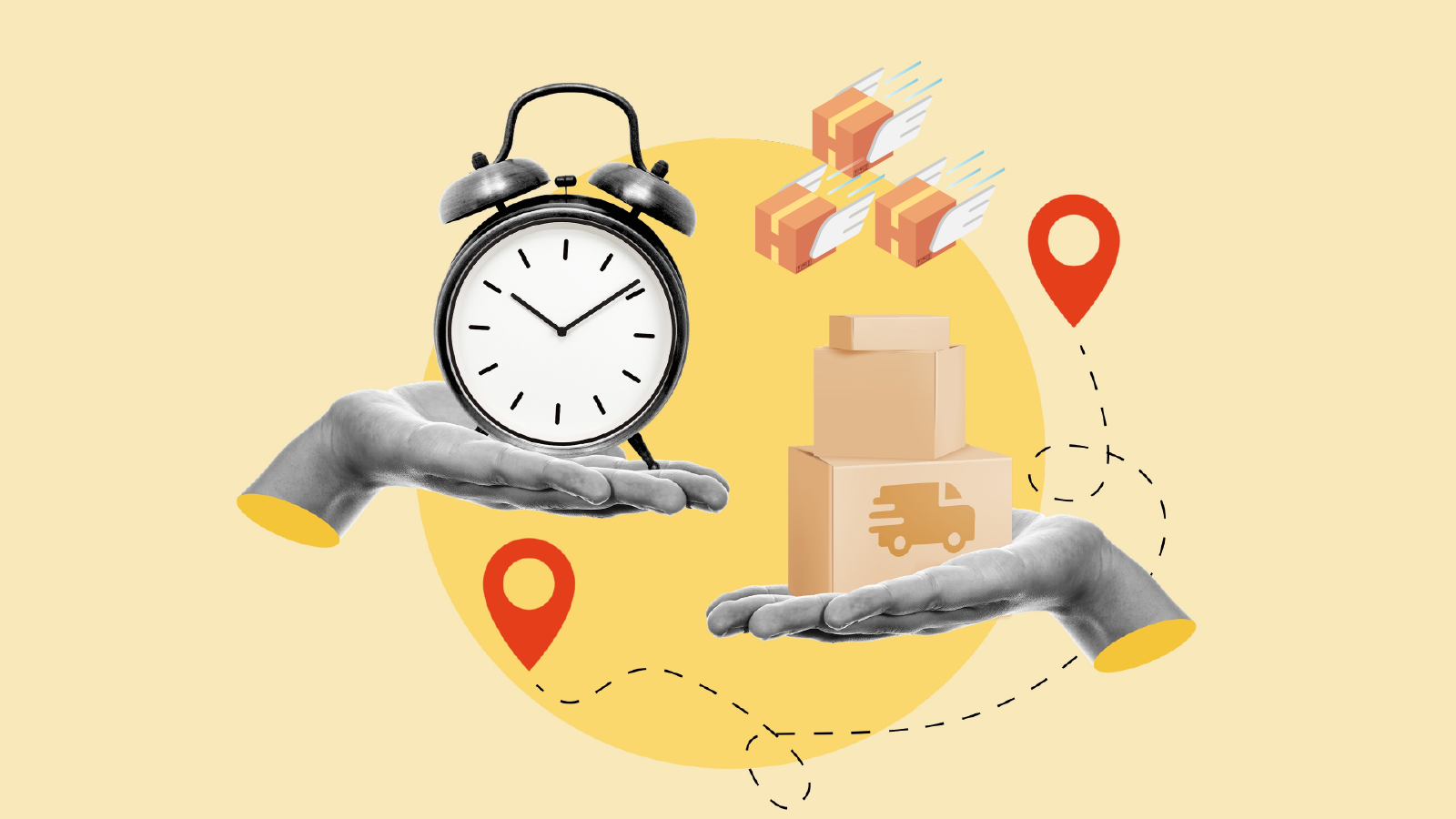A well-developed logistics sector is essential for accelerating India’s journey toward becoming a global manufacturing powerhouse, especially in light of strategic government initiatives like ‘Make in India.’
The sector’s recent expansion—fuelled by substantial government investment, enhanced infrastructure, and broader access to international markets—highlights its critical role in integrating India into the global supply chain.
As companies increasingly view the world as a unified production base and market, the logistics industry’s efficiency and competitiveness become key in employing these opportunities.
Harnessing India’s logistics challenges
As India strives to realise its ambitious economic goals, including achieving a GDP of $5.5 trillion by 2027, the transformation of its logistics sector emerges as a pressing imperative. However, this transformation is not without its challenges.
Infrastructure
One of the primary hurdles is India’s road infrastructure, which has long been a bottleneck for efficient logistics operations. The Indian government has recognised this and is taking decisive steps to modernise and expand the nation’s infrastructure.
Initiatives like the Bharatmala Pariyojana, aimed at developing 34,800 km of highways, are expected to enhance connectivity, reduce transit times, and optimise resource utilisation, thereby improving the overall efficiency of the logistics sector.
While infrastructure development is crucial, the future of the logistics sector lies in the integration of technology. When combined with the development of multimodal logistics parks that integrate road, rail, air, and waterways, these advancements will streamline logistics processes and significantly reduce costs and delays.
Together, these efforts will transform India’s logistics industry into a world-class network, driving the nation closer to its economic goals.
Skill development
Addressing the shortage of skilled manpower in India’s logistics sector requires a strategic focus on comprehensive skill development initiatives. Companies should implement structured training programmes that cover advanced logistics management, supply chain optimisation, and the latest technologies, such as warehouse automation, IoT, and data analytics.
Additionally, specialised courses in transportation management, inventory control, and green logistics practices can equip workers with the necessary skills to enhance operational efficiency and sustainability.
Partnering with educational institutions and industry experts to offer certification courses and apprenticeships can make the logistics sector more appealing, providing clear career progression paths and competitive wages.
By investing in these targeted training initiatives, India can not only alleviate the current workforce challenges but also position itself as a leader in global logistics, ready to meet future demands with a highly skilled and motivated workforce.
Technological adoption
The availability of advanced logistics management systems is a solid pillar in the industry, but the slow adoption of technology in the sector continues to hinder its full potential. Many companies still depend on outdated methods, resulting in poor asset utilisation, increased operational costs, and significant inefficiencies across the supply chain.
There is an urgent need for widespread adoption of digital technologies to overcome these challenges and drive growth. Real-time tracking, automated fleet management powered by advanced telematics, and data-driven inventory management through warehouse management systems are essential tools that can revolutionise the industry, optimising operations and enhancing overall efficiency.
Regulatory reforms
The complex regulatory environment in India presents significant challenges for the logistics sector, with issues such as land acquisition difficulties, inconsistent implementation of the Goods and Services Tax (GST), and a lack of coordination among various regulatory bodies.
These hurdles hamper efficient logistics operations and contribute to operational inefficiencies. However, these challenges also present a crucial opportunity for reform. By streamlining regulations, improving inter-agency coordination, and ensuring consistent GST enforcement, India can pave the way for a more robust and efficient logistics sector, ultimately enhancing its global competitiveness.
Accelerating logistics market growth
The logistics market in India is poised for significant growth, with projections indicating a compound annual growth rate (CAGR) of 10-12% in the coming years. This acceleration is driven by advancements in infrastructure, particularly improved road connectivity, which will enable the logistics sector to extend its reach across various industries.
By optimising supply chain efficiencies and reducing operational costs, these developments are set to enhance market competitiveness, positioning India as a global leader in logistics and transportation.
Vivek Juneja is the Founder and Managing Director of Varuna Group.
(Disclaimer: The views and opinions expressed in this article are those of the author and do not necessarily reflect the views of YourStory.)


![Read more about the article [Funding alert] Digital platform Spardha raises Rs 3Cr in pre-Series A1 round led by IPV](https://blog.digitalsevaa.com/wp-content/uploads/2021/05/165-VC-funding1552277843560-300x150.jpg)







